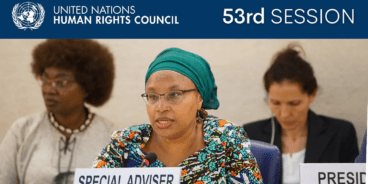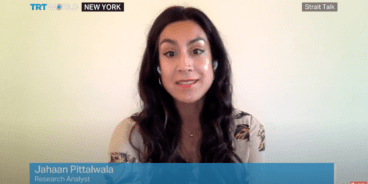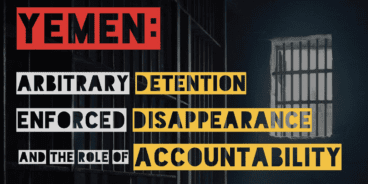
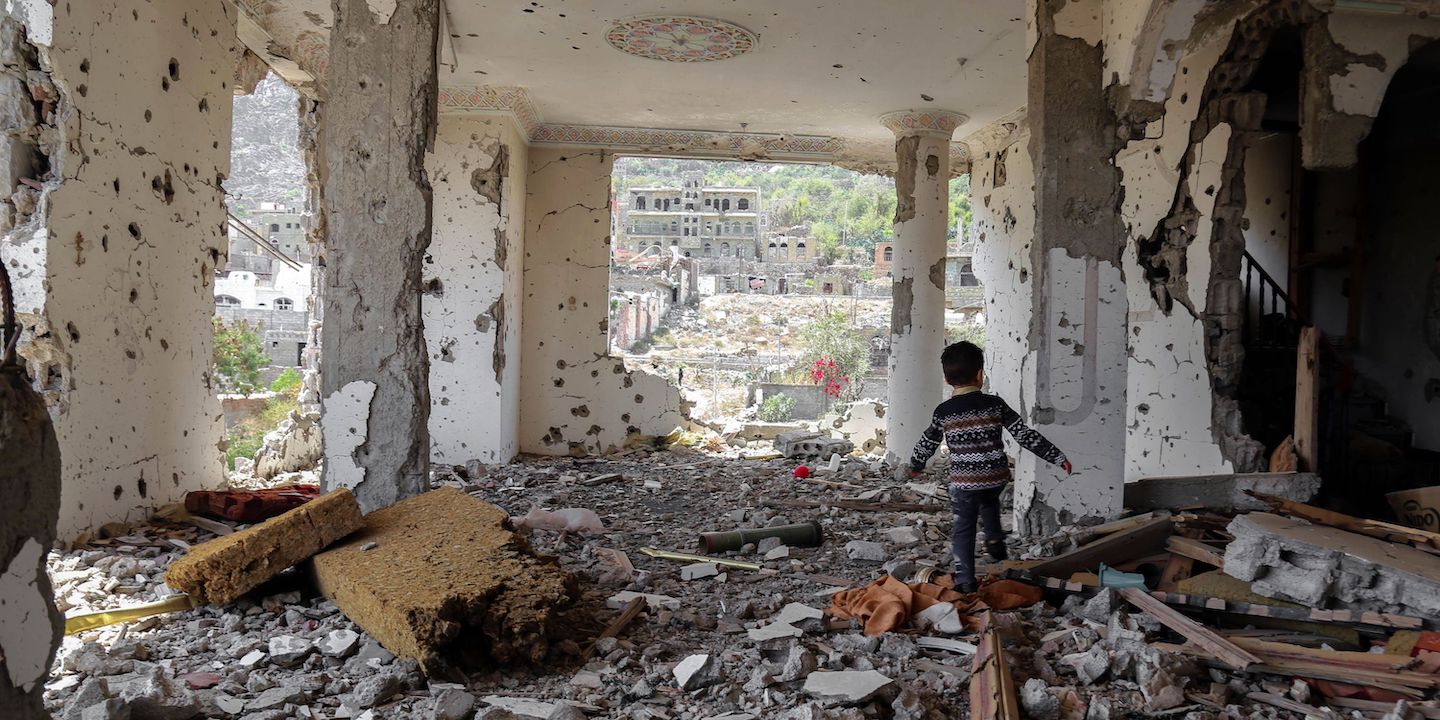
Global Centre Country Advocacy: Yemen
Since 2015 civilians in Yemen have suffered from recurrent war crimes and crimes against humanity perpetrated by all parties to the conflict, including the Houthis, Southern Transitional Council, the government of Yemen and the Saudi/United Arab Emirates (UAE)-led coalition. While a temporary truce in 2022 provided some relief to civilians, the risks of further atrocities remain until a permanent truce and inclusive negotiated peace settlement are reached, alongside comprehensive justice and accountability efforts, including reparations to victims.
Mobilizing the UN Human Rights Council (HRC) for an Independent Investigation into Yemen’s Atrocities
Throughout the protracted conflict, the Global Centre has been a leading advocate for UN action to address these grave violations and ensure accountability for the perpetrators.
In 2017, ahead of the HRC’s 36th session, the Global Centre launched a targeted advocacy campaign calling for the creation of an independent, international commission of inquiry to investigate mass atrocities and other violations of international law in Yemen. Working closely with the Permanent Mission of the Netherlands, which led the initiative within the HRC, the Global Centre:
-
-
- Drafted and circulated a letter to members of the Global Network of R2P Focal Points urging them to encourage their governments to support the creation of the mechanism.
- Conducted bilateral meetings with HRC members to support for the initiative.
- Joined 67 civil society organizations in sending a letter to the HRC, emphasizing the need for an independent international inquiry in Yemen.
-
As a result of these efforts, on 29 September 2017 the HRC established the Group of Eminent Experts on Yemen (GEE), tasked with monitoring and reporting on the human rights situation and supporting national, regional and international efforts to promote accountability for human rights violations and abuses in Yemen.
The Global Centre continued its advocacy to ensure the GEE’s mandate was renewed in subsequent years. In October 2021, amid sustained diplomatic and political pressure on HRC voting members by Saudi Arabia and the UAE, the HRC failed to renew the GEE’s mandate – the first time a mandate for a human rights monitoring mechanism had been voted down in the Council’s history. In response, the Global Centre, alongside more than 80 non-governmental organizations, launched a joint appeal to the UN General Assembly, calling for the creation of a new accountability mechanism for Yemen. At a press conference to launch the appeal, the Global Centre’s Executive Director, Savita Pawnday, was joined by Amnesty International, Human Rights Watch, Mwatana for Human Rights and the Cairo Institute for Human Rights Studies to urgently advocate for international action. The Global Centre’s Yemen expert at the time, Jahaan Pittalwala, also released a commentary highlighting how the UN General Assembly can end impunity in Yemen.
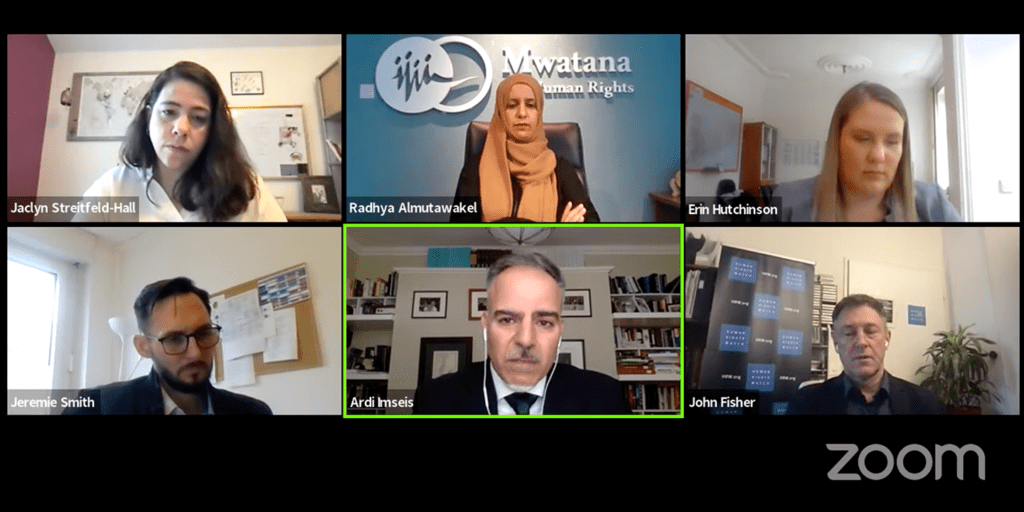
Addressing the Void after the GEE’s Termination
The crisis in Yemen has been exacerbated by pervasive impunity that has fueled lawlessness and resulted in extensive civilian harm. Since the termination of the GEE, there has been no independent mechanism dedicated to monitoring violations in Yemen and no international body paving the way toward justice and accountability. To fill this gap, the Global Centre has led a coalition of Yemeni and international NGOs in strategic advocacy to push the international community to establish a new, criminally focused mechanism dedicated to advancing accountability and justice in Yemen. This has included activities such as:
-
-
- Organizing and hosting a side event at the 49th session of the HRC on the civilian impact of impunity.
- Conducting a series of closed regional briefings for states, in collaboration with Yemeni and regional civil society organizations, to discuss current needs related to justice.
- Facilitating a series of private targeted communications between Yemeni human rights organizations and UN Special Procedures mandate holders to prioritize the need for justice.
-
Supporting a Yemeni-led Vision for Justice and Reconciliation
On 26 July 2023 over 40 civil society organizations and victim/survivor associations launched the Yemen Declaration for Justice and Reconciliation, which outlines their common vision for achieving justice and reconciliation in post-conflict Yemen. The Declaration emphasizes the need for a justice process that adequately addresses the grievances of the Yemeni people, focusing on justice and reconciliation as key components of a sustainable and inclusive peace.
The Global Centre played a crucial role in supporting the Yemen Justice Network by supporting consultations and drafting the Declaration; guiding advocacy strategies among Yemeni partners; and leading on the regional NGO press release for the official online launch of the Declaration.

